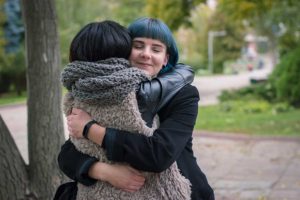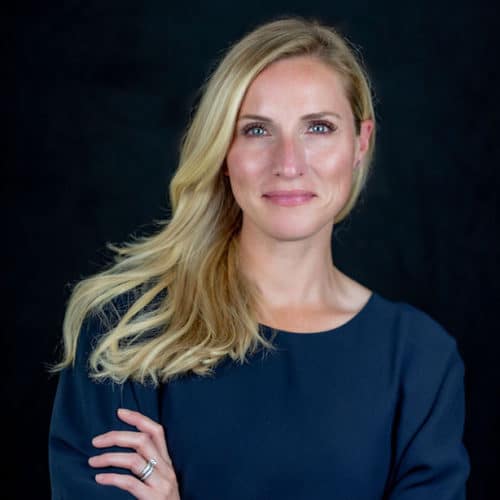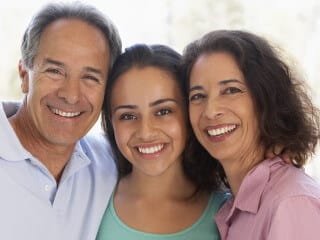Group Therapy
You are not alone. We are in it together.
Collaborating with a diverse group of women who share similar feelings and experiences battling an eating disorder is a powerful vehicle for achieving lasting recovery.
 Group therapy offers an excellent opportunity and support for clients to learn and process together. There are a great number of benefits from group therapy including normalizing (group members learn that they are not alone in their battles), support and acceptance (group members learn compassion and empathy for themselves and others), interpersonal skills, and confrontation of unhealthy behaviors. At Selah, you will find a diverse group of women and girls who are understanding and eager to live life together in recovery. Not everyone will have the same triggers or severity of symptoms; it is helpful to know that you are not alone. Many of our clients find lifelong friendship and a special bond with their Selah family.
Group therapy offers an excellent opportunity and support for clients to learn and process together. There are a great number of benefits from group therapy including normalizing (group members learn that they are not alone in their battles), support and acceptance (group members learn compassion and empathy for themselves and others), interpersonal skills, and confrontation of unhealthy behaviors. At Selah, you will find a diverse group of women and girls who are understanding and eager to live life together in recovery. Not everyone will have the same triggers or severity of symptoms; it is helpful to know that you are not alone. Many of our clients find lifelong friendship and a special bond with their Selah family.
Group Therapy at Selah House
Group Therapy And Support
Equine Therapy: Selah House follows the EAGALA Model (Equine Assisted Growth and Learning Association) Equine Assisted Psychotherapy (EAP). In this model, a licensed mental health professional, an equine specialist, and horses collaborate in utilizing specifically designed activities with the clients. EAP is an experiential therapeutic approach where clients learn about themselves and others by participating in these activities and then processing what occurred during the session.
Joyful Movement Groups: These groups, led by a dietitian, are an opportunity to explore the mental health benefits of movement. Additionally, these groups are designed to realign clients with their body’s in a positive way and help lay the foundation for a new, healthy relationship with exercise.
Art Therapy Groups: offers clients an opportunity to explore intense or painful thoughts and emotions in a safe and supportive environment. The group will use a wide variety of art materials to create a visual representation of thoughts and feelings. Through creating art and reflecting on the art processes and products, clients can increase awareness of self and others, cope with deep emotions, enhance cognitive abilities, and enjoy the life-affirming experience of making art.
Spirituality Groups: This is often called our “Selah Group.” It helps clients look at their spiritual journey and explore their thoughts and feelings around God, spirituality, and religion. Clients usually complete and process their spiritual timeline along with other activities.
Process Groups: This includes all of the clients and allows the clients to process their thoughts and emotions related to their recovery. This group allows the clients to share with each other their goals, successes, accomplishments, struggles, and disappointments.
Further Group Therapy Options
Writing Group: is a group that provides another form of expression and healing. Additionally, this is a physical way of recording fear, pain, memories, problems, thoughts, and feelings.
Nutrition Group: is an educational group led by the dietitian where clients are given factual information about food, nutrients, and portion sizes, and more.
Meal Planning Group: is a group where clients discuss and practice meal planning and prepare and cook the meal they plan for that night. Moreover, this group is led by the dietitian and clients intuitively eat the meal they prepare.
Body Awareness Group: is an experiential group where the psychotherapeutic use of movement is applied. Furthermore, this furthers the emotional, cognitive, and physical integration of the individual. Body Awareness group emphasizes the mind and body.
Learn More About Selah House
We are here to ensure your safety and comfort during this difficult time. For more information, contact Selah House today.
Get Started Today:
Learn More About Our Eating Disorder Therapy Services


 Call
Call
